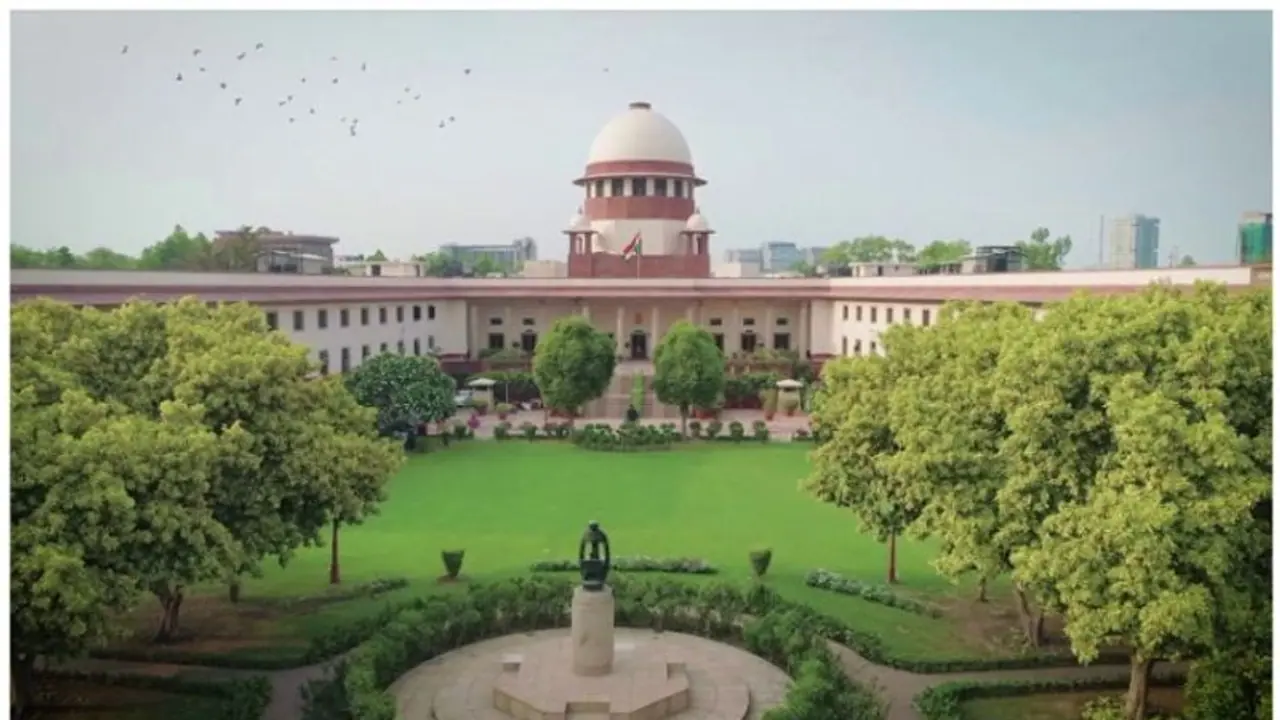A bench led by Chief Justice of India DY Chandrachud expressed concerns about state governments having to approach the courts seeking the Governors' decisions on bills that the legislature has enacted. The Kerala government last week had moved the SC against Governor Arif Mohammed Khan.
New Delhi: The Supreme Court on Monday (Nov 6) expressed its concerns at state governments having to approach the courts seeking the Governors' decisions on bills that the legislature has enacted. The Court declared that it was time to reverse the practise of Governors acting on measures only after the State Government had approached it. A bench led by Chief Justice of India DY Chandrachud made these statements while hearing a writ petition filed by the State of Punjab aggrieved by the inaction of Governor Banwarilal Purohit on seven bills.

Also read: Kerala govt moves Supreme Court against Governor Arif Mohammed Khan for withholding bills
"Why does the party have to come to the Supreme Court? Governors act only when matters reach the Supreme Court. This has to stop. You come to the Supreme Court then the Governor starts acting. This shouldn't be," CJI DY Chandrachud said as quoted by Live Law.
Senior Advocate and former Attorney General for India KK Venugopal brought up a similar lawsuit that the State of Kerala had filed against the Governor during the hearing.
"The Governor does not take action on the Bills that have been passed for the welfare of the people. And after reports were published about the State filing the petition, he says he will see it in the Court," Venugopal said. He also requested the bench to post Kerala's petition on Friday.
Together with Punjab's appeal, the bench—which also included Justices JB Pardiwala and Manoj Misra—agreed to post the petitions submitted by Kerala and Tamil Nadu on Friday.
The Kerala government moved the Supreme Court on Thursday (Nov 2) against Governor Arif Mohammed Khan for refusing to grant assent to bills approved by the legislature. The government filed a petition stating that the governor had not signed eight bills. The government is of the view that the decision on the bills cannot be extended indefinitely. The government's move was based on legal advice.
The LDF government filed a writ petition in the apex court, stating, "... seeks appropriate orders from the Hon'ble Court in relation to the inaction on the part of the Hon'ble Governor in relation to as many as 8 bills passed by the state legislature and presented to the Governor for his consent under Article 200 of the Constitution."
